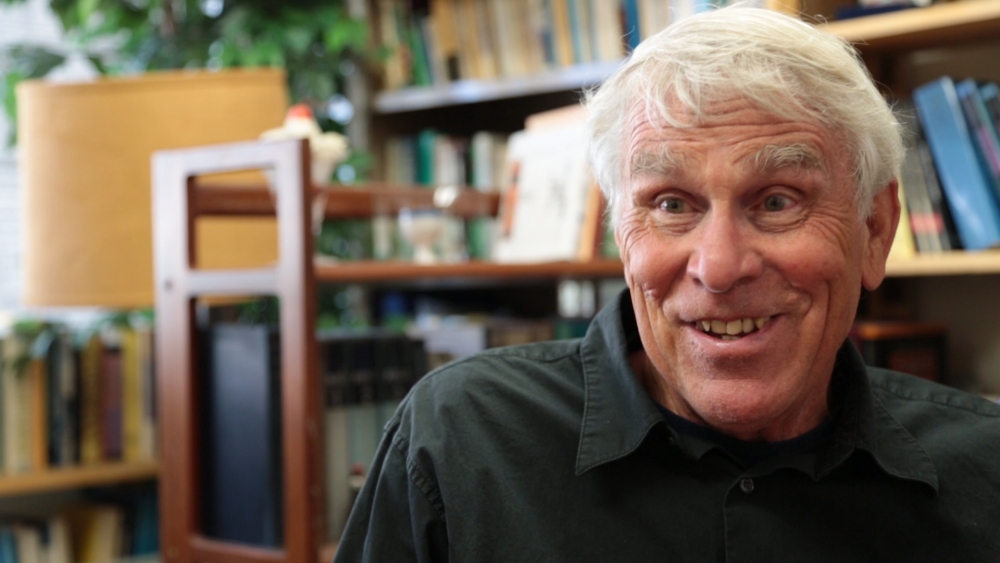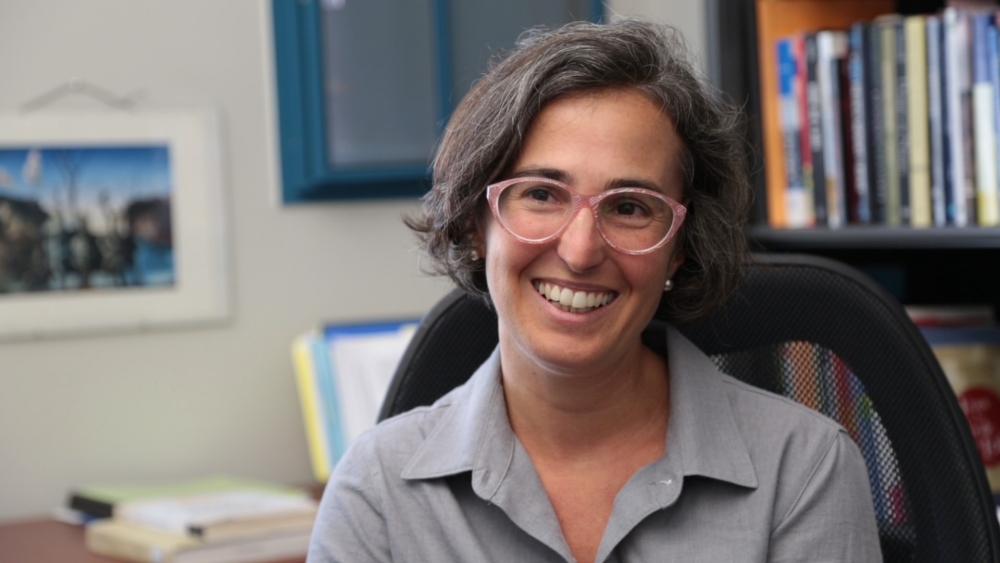Doctors for a New World



When the global studies department at UC Santa Barbara celebrates its 15th anniversary year, it will mark another major milestone as well: welcoming its inaugural cohort of doctoral students.
Just a decade and a half after the curtain rose on its undergrad program in global studies, UCSB in fall 2015 will begin offering a Ph.D. in the academic discipline it is largely credited with creating. As has been the case with each of the campus’s global studies offerings — its master’s degree premiered in 2006 — the Ph.D. is the first of its kind in the UC system and a first anywhere for a tier-one American research university.
The novel doctorate track received official approval from UC President Janet Napolitano in early June.
“For the past 10 years, UCSB has invested significantly in recruiting and retaining the best faculty in the area of global studies,” said Melvin Oliver, executive dean of the College of Letters & Science and the SAGE Sara Miller McCune Dean of Social Sciences. “The new Ph.D. program is one result of that focus. Having a full complement of academic degrees in global studies gives students opportunities for career and academic paths. We fully expect this program to be recognized around the world as a go-to for global studies.”
The evolution and ascent of global studies at UCSB has mimicked that of the discipline at large and, in many ways, of globalization itself: It’s been organic, swift and seemingly unstoppable. The growth has been especially gratifying for professor Mark Juergensmeyer, one of the chief architects of UCSB’s original, trendsetting undergrad program and today among the department’s senior faculty. He is also a leading international expert in global religions.
“The field of global studies is finally coming into its own — and we were part of its creation,” said Juergensmeyer, a professor of both sociology and religious studies and, until the end of June, director of the campus-based Orfalea Center for Global & International Studies. “It was radical, it was new; nobody had done something like this before. Then we discovered other universities were doing this all over the world … and we realized we were not just doing a twist on international studies but developing a whole new field, a whole new way of studying a whole new kind of world.
“In the 21st century we’re beginning now to see so much of what is vital and important and significant is transnational,” Juergensmeyer added, citing “the trends of economic production and distribution, political ideology, cultural issues, communications issues, environmental and health issues, all of which transcend any kind of nation-state or international treaties to control them. It is to understand that phenomenon … that makes it necessary to think globally about our global world.”
According to department chair and professor Eve Darian-Smith, a widely recognized expert in human rights and international law, recruitment is now underway for what will be a modest founding class — only three to five doctoral candidates to start in what will be a 4-to-6-year program. Fellowship support will be provided to incoming students on a competitive basis, and paid teaching and research opportunities will be offered each year. All applicants will also be eligible for campuswide, multiyear fellowships.
“The immediate applicability of what we’re trying to do will attract excellent students both nationally and internationally, and also underscore the relevance of this kind of new doctoral program in the UC system and the nation,” Darian-Smith said. “It’s the kind of program that reflects a changed global political economy and geopolitical reality. This, to me, is the kind of intellectual work that needs to be done. And I’m optimistic that this is really going to be the new way.”
That “new way” is the particular interdisciplinary focus that makes the program distinct — and distinctly UCSB. With faculty specializing in areas such as human rights, religion, sustainability, colonialism, security and international environmentalism, among others, the degree brings together social science and humanities perspectives to provide a keen understanding of world-shaping economic, political, social and cultural forces.
Students will be required to choose one of three focus areas — global political economy, sustainable development and environment; global culture, ideology and religion; or global governance, human rights and civil society — plus select a secondary specialization outside the global studies department. Further, in the formation of their doctoral committees, aspiring Ph.D.s will be encouraged to draw from departments across campus in addition to the program’s own core faculty.
Those core experts will include Javiera Barandiarán, an assistant professor of global environmental politics, who joined the UCSB faculty in 2013. Her own doctoral work at UC Berkeley, in the interdisciplinary environmental science policy and management program, is what solidified her drive to work across academic borders and, she said, made UCSB’s global studies department “a perfect fit” for her.
“Global studies allows me to think about the environment in a very broad way,” Barandiarán said. “And in the 21st century, given the threats we are facing — from climate change to persistent inequality and persistent poverty, which is increasingly expressing itself in environmental conflicts — being in global studies and coming from an interdisciplinary background really gives me a privileged perspective.
“I think the Ph.D. in global studies will offer an ideal home for some of that work,” Barandiarán added. “It will offer a kind of magnet across the campus for scholars, faculty and students who are looking to formalize that interdisciplinarity a little bit more.”
Whether she decides to go the doctoral route or head straight for the job market after completing her master’s degree, current global studies student Marissa Taggart is already crediting UCSB with her own evolution as a scholar and a global citizen.
“This program has been quite a gold mine for me,” said Taggart, who will spend her summer working with the Clinton Global Initiative in New York before returning to campus in the fall. “If you want to study economics and human rights at the same time, you can, and that’s what I’ve enjoyed about UCSB. It’s an open playing field. And it’s fulfilling, because you can do everything you want to do.
“More than that, global studies has shown me that the world is crazy connected and opened my mind even further to what’s going on in the world,” she said. “Whether it’s a better and richer understanding of the role that culture and religion and economics plays in our daily lives, or just understanding sweatshops and where your iPhone comes from, it makes you think twice abut how your actions reverberate in the grander scheme of things — for good or for worse. It makes you realize how small our world really is."



